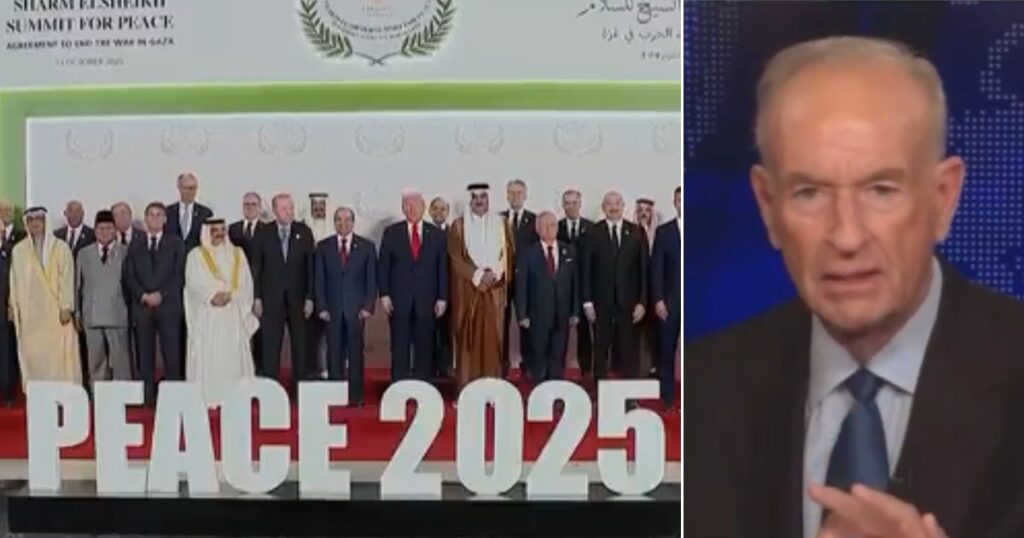In a shocking twist during a recent interview, House Minority Leader Hakeem Jeffries found himself on the defensive when CNN anchor Dana Bash challenged his narrative regarding the ongoing government shutdown. The confrontation unfolded on Tuesday as Jeffries, typically accustomed to sympathetic media portrayals, attempted to pin the blame for the shutdown on House Republicans and former President Trump.
The backdrop of this exchange is the so-called “Schumer Shutdown,” which officially began at 12:01 AM on October 1. This event followed the failure of two key measures in the Senate that aimed to prevent the government from grinding to a halt. The GOP-backed proposal was voted down with a 55-45 split, a result that notably saw Senator Rand Paul siding with the Democrats.
Critics of the Democratic Party have pointed fingers, accusing them of prioritizing contentious issues like immigration reform, tax increases, and controversial medical procedures for transgender minors over the basic functionality of government. With the shutdown now in effect, several attempts by the GOP to reopen the government have been met with staunch resistance from Democrats, raising questions about their commitment to governance.
During the interview, Jeffries began his typical lamenting about the shutdown, suggesting that House Republicans were unwilling to engage in constructive dialogue. However, Bash, known for her incisive questioning, swiftly turned the tables on him. Instead of indulging his complaints, she issued a direct challenge: why not simply walk down the hall to Speaker Mike Johnson’s office and initiate a conversation?
“You’re right down the hall from Mike Johnson’s office. I know exactly where you are. You could probably take a few steps, knock on the door, and talk to him. Have you tried that?” Bash pressed, putting Jeffries on the spot.
Caught off guard, Jeffries fumbled for an excuse, claiming that Johnson had not received authorization from Trump to engage in talks. Bash’s persistence only intensified the scrutiny, forcing Jeffries to backtrack and admit that while a conversation could occur, he doubted its effectiveness without the GOP’s so-called “green light.”
This exchange raises critical questions about the willingness of Democratic leaders to engage in bipartisan discussions, especially when they are literally within arm’s reach of their Republican counterparts. If Jeffries is sincere about seeking solutions, why has he not taken the initiative to simply walk over to Johnson’s office?
The video of this exchange has gone viral, with many lauding Bash for her willingness to hold a Democratic leader accountable. The broader implications of the government shutdown and the apparent unwillingness of leaders like Jeffries to engage in direct dialogue only add to the narrative that both parties are entrenched in their positions, prioritizing political posturing over practical governance.
As the nation watches the fallout from the shutdown, the real question remains: Will Democrats like Jeffries step up and take responsibility, or will they continue to hide behind excuses and blame-shifting?








